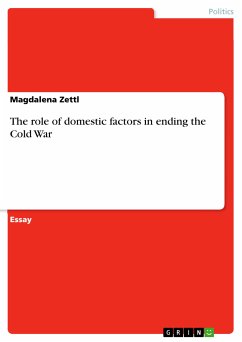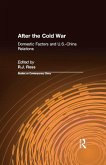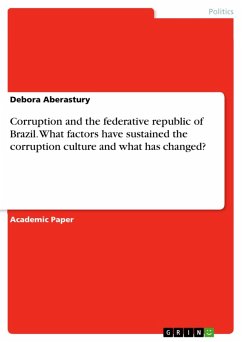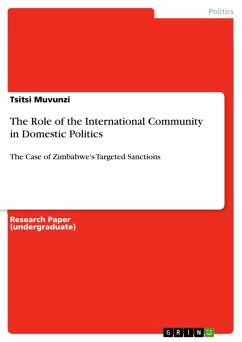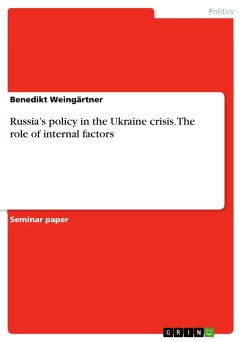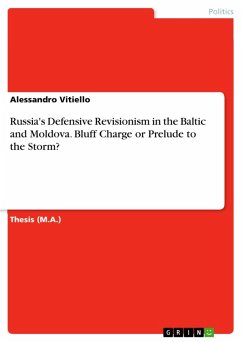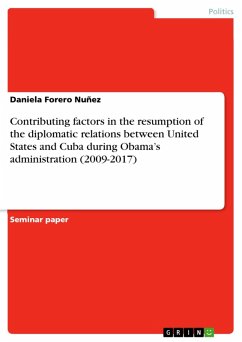Essay from the year 2012 in the subject Politics - Political Systems - History, grade: 1.7, , language: English, abstract: The end of the Cold War left many IR scholars puzzled: how could, after 40 years, the Cold War end that peacefully? Why did Soviet foreign policy change so drastically within a few years? How come US perception of the Soviet Union (SU) changed within a decade from the "evil empire" to an allied partner? Neither realism nor liberalism could have predicted or fully explained this event. Realism failed - firstly, because rivalry between the US and the SU ended peacefully; secondly, moving from a bipolar to a unipolar system clearly contradicted realist expectations on balance of power and power equilibrium (Risse-Kappen, 1994). Instead, the end of the Cold War proved the "unbashed victory of economic and political liberalism" (Fukuyama, 1989). SU's move toward liberal order brough forward the end of the Cold War, but this does not answer why the SU chose to adopt liberal order, why to such an extent and why around the mid 1980s. Hence, domestic factors, having been excluded from the analysis so far, must have played a key role. After a theoretical review on domestic variables in IR, I will analyze how domestic factors influenced Soviet foreign policy, especially Soviet "new thinkers", economic factors and domestic political infrastructure. To provide a complete analysis, I will also shed light on the influence of US5 domestic variables.
Dieser Download kann aus rechtlichen Gründen nur mit Rechnungsadresse in A, B, BG, CY, CZ, D, DK, EW, E, FIN, F, GR, HR, H, IRL, I, LT, L, LR, M, NL, PL, P, R, S, SLO, SK ausgeliefert werden.

